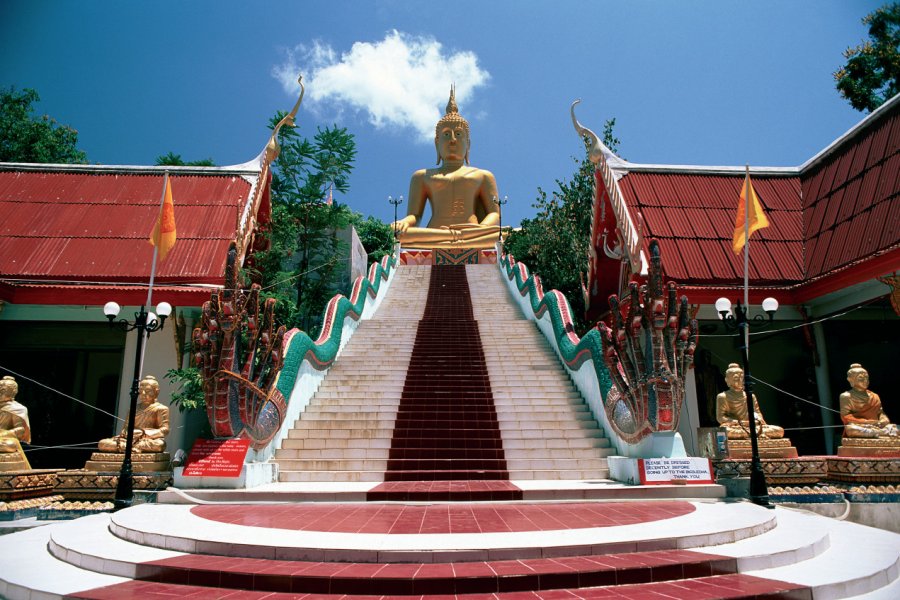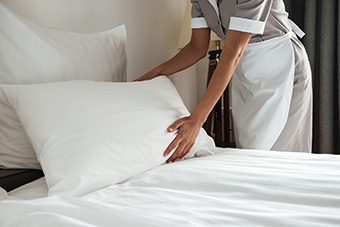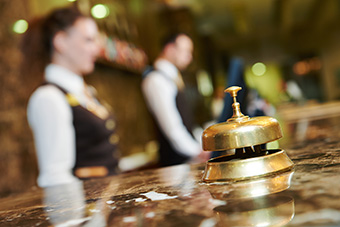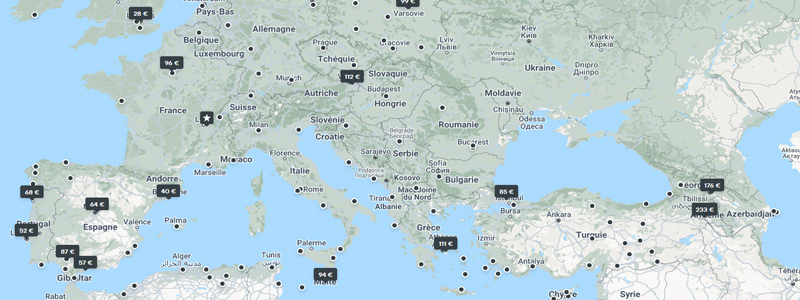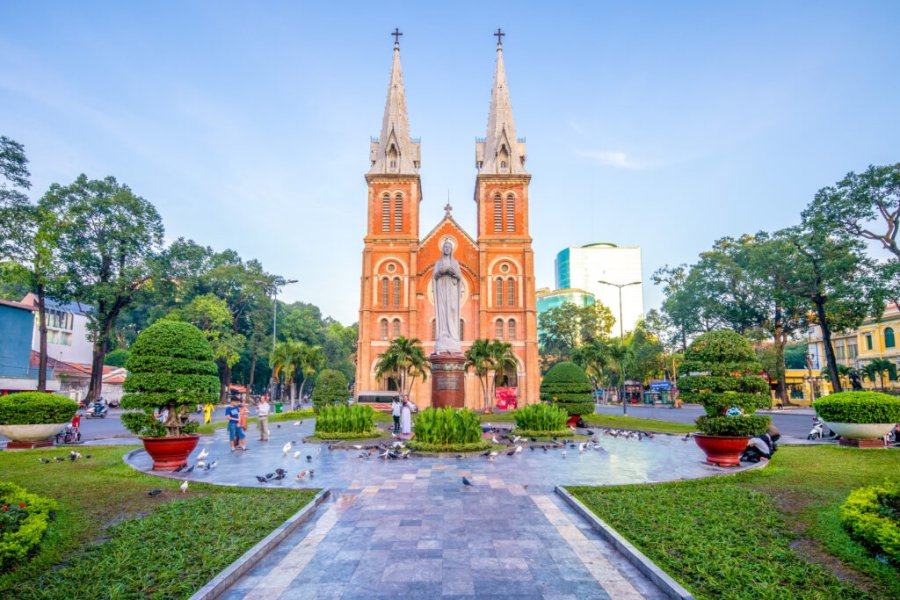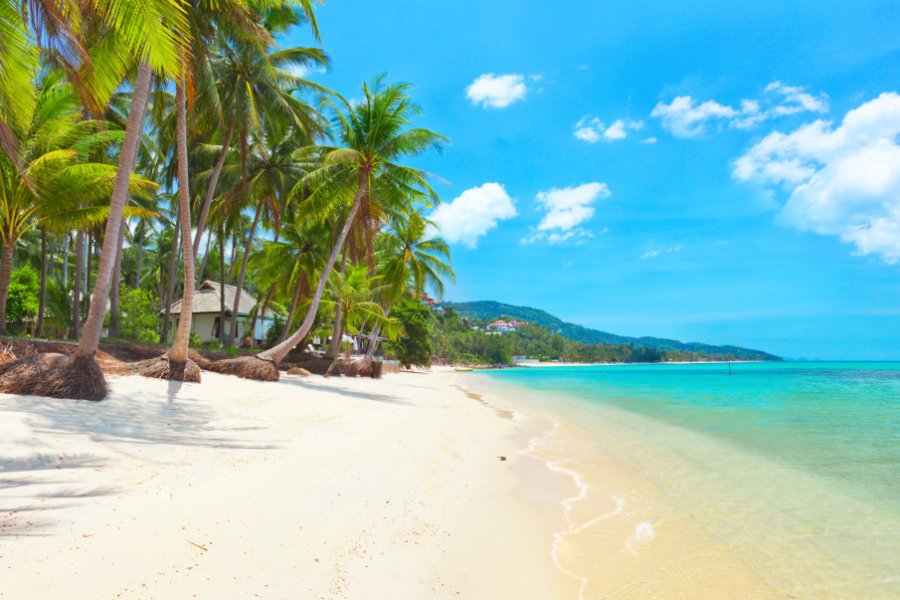Travel Guide Koh Samui – Bang Rak – Big Buddha
It is nicknamed the pearl of the Gulf of Thailand. It is the third largest island in the kingdom(Koh means "island" in Thai) and a heavenly destination. A sacred jewel, a 12 m high golden Buddha in its temple occupies a small island nearby connected by an elevated road. Koh Samui offers dreamy beaches lined with palm trees, coconut palms and a lush forest that climbs the mountain. The richness of the biodiversity of the land rivals that of the coastline and seabed. In the 1970s, the first backpackers arrived on this island occupied by fishermen and equipped with a few modest huts for visitors. Today, tourism is the main economic activity of the island. You can choose from hundreds of hotels of all categories, resorts, villas and bungalows. Don't leave without your favorite tour guide. On the program: scuba diving, Thai cooking classes, Buddhist meditation, Thai massage, excursions to the many small islands in the surrounding Angthong Marine National Park (the golden ball), lazing on the beach and water sports.
What to visit Koh Samui – Bang Rak – Big Buddha?
Suggested addresses Koh Samui – Bang Rak – Big Buddha
When to go to Koh Samui – Bang Rak – Big Buddha?
When to go to Koh Samui? From October to February, it is the dry and cool season in Thailand and the best time to go to Koh Samui ; the weather is sunny and temperatures fluctuate around 25°C in the South. In March, a very hot inter-season (about 35°C) begins, which lasts until the end of May with alternating tropical rains. From June, it is the rainy season and the further south you go, the more it pleut ; it lasts until October, September being to be avoided (heavy rainfall). If you go to Koh Samui in April, don't miss the water festival, or Songkran, which celebrates the Buddhist New Year, everyone drinks themselves in the streets, laughs guaranteed!
Weather at the moment
Koh Samui has a tropical climate with 3 seasons: the summer (March to May); the intermediate season, characterized by alternating tropical rains and sunshine (June-September) and the so-called "cool" season (October-February), with summer-like weather in Thailand by European standards. The average annual temperature is 28°C, with relatively small variations throughout the year.
This is one of the big advantages of Thailand, the standard of living is much lower than in a European country like France, 60% on average. In Koh Samui, you can eat in restaurants and sleep in guesthouses for a modest sum and even in luxury hotels for an excellent quality-price ratio. The currency is the baht, and currency exchange and credit cards are readily available. Tipping is customary, but not mandatory.
No visa is needed for Thailand and Koh Samui if you stay less than 30 days. And a return trip to the border (Laos, Myanmar or Cambodia...) is enough to renew this 15 days stay authorization, renewable only 4 times, after that you have to take an additional plane each time you leave.
No mandatory vaccines to go to Koh Samui but DT-Polio, typhoid, hepatitis A and B vaccines are recommended. An anti-malaria treatment is officially recommended, but a protection against insects is sufficient except if you go to the North which is more at risk. Water is not drinkable, it is recommended to drink bottled water and to avoid raw vegetables and seafood in popular shops.
Practical information
- When to travel?
- Weather forecast
- Budget
- Formalities
- Health
- How to travel by yourself?
- How to get organized?
- Getting around
Media
How to go to Koh Samui – Bang Rak – Big Buddha? Our advice & tips
Thailand has become a mass tourism destination and is under attack by many tour operators, but not all offers are equal. Take the time to choose the right tour according to your travel desires and do not hesitate to compare the services offered. Beware of low prices, they do not always include transfers, drinks and meals. Even if Thailand is a cheap destination, it can represent a significant amount of money on a long circuit.
Discover our selection of travel agencies for this destinationYou will usually travel to Bangkok, the capital of Thailand. Domestic and international flights are concentrated in Suvarnabhumi, located 35 km east of the city centre. No particular security risks for people travelling alone, the country is generally safe, but care must be taken with personal belongings in tourist areas, as theft can occur. Finally, don't have fun using drugs on the spot, it's a guaranteed prison for a minimum of 10 years.
Domestic flights are convenient and quite cheap. There are also ferries between the islands and the mainland. In Thailand, the buses which make the connections between the cities offer a varied level of comfort and all the budgets will find there their account. As for the railway network, it is rather good in Thailand, but the not really modern cars are not very comfortable.

